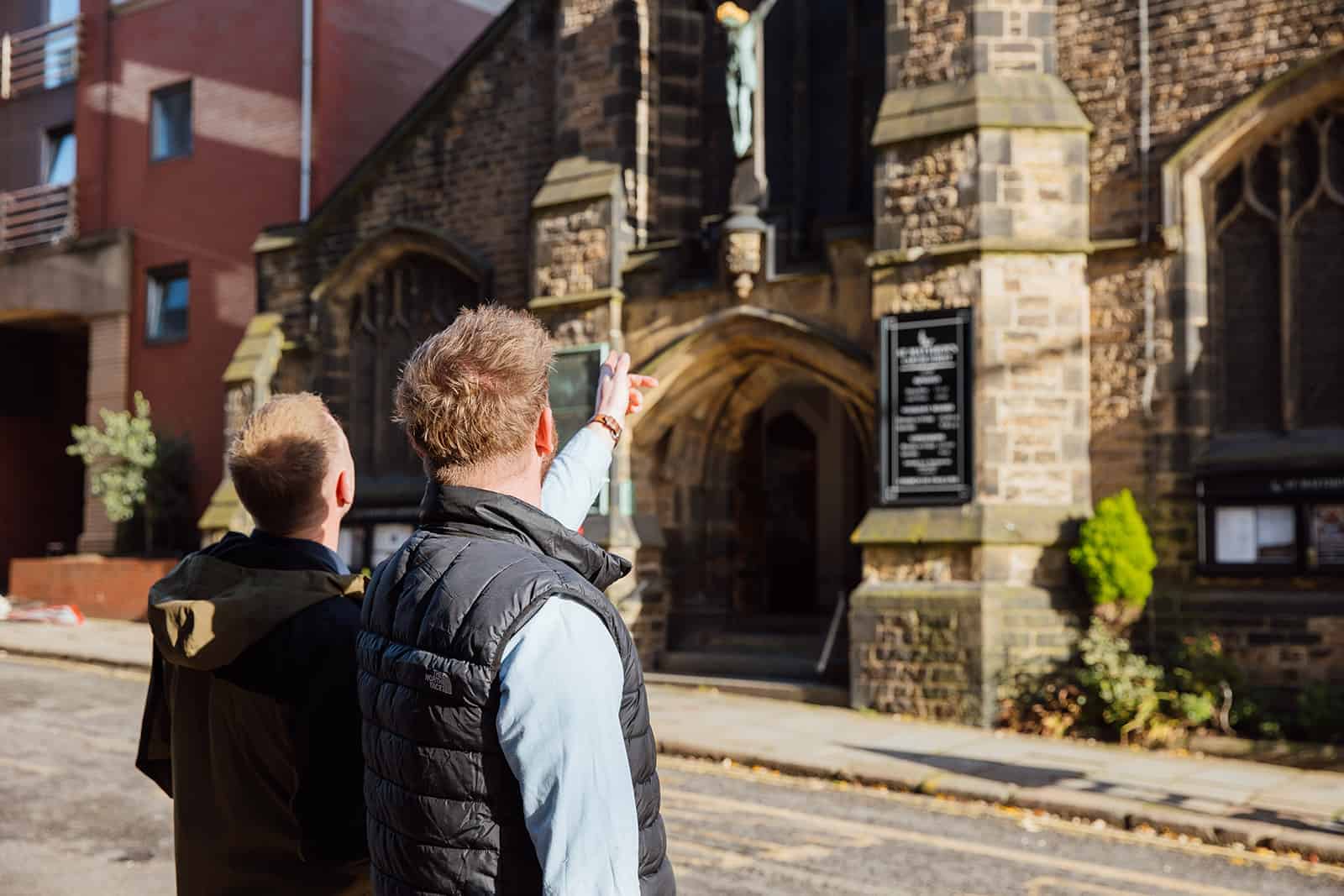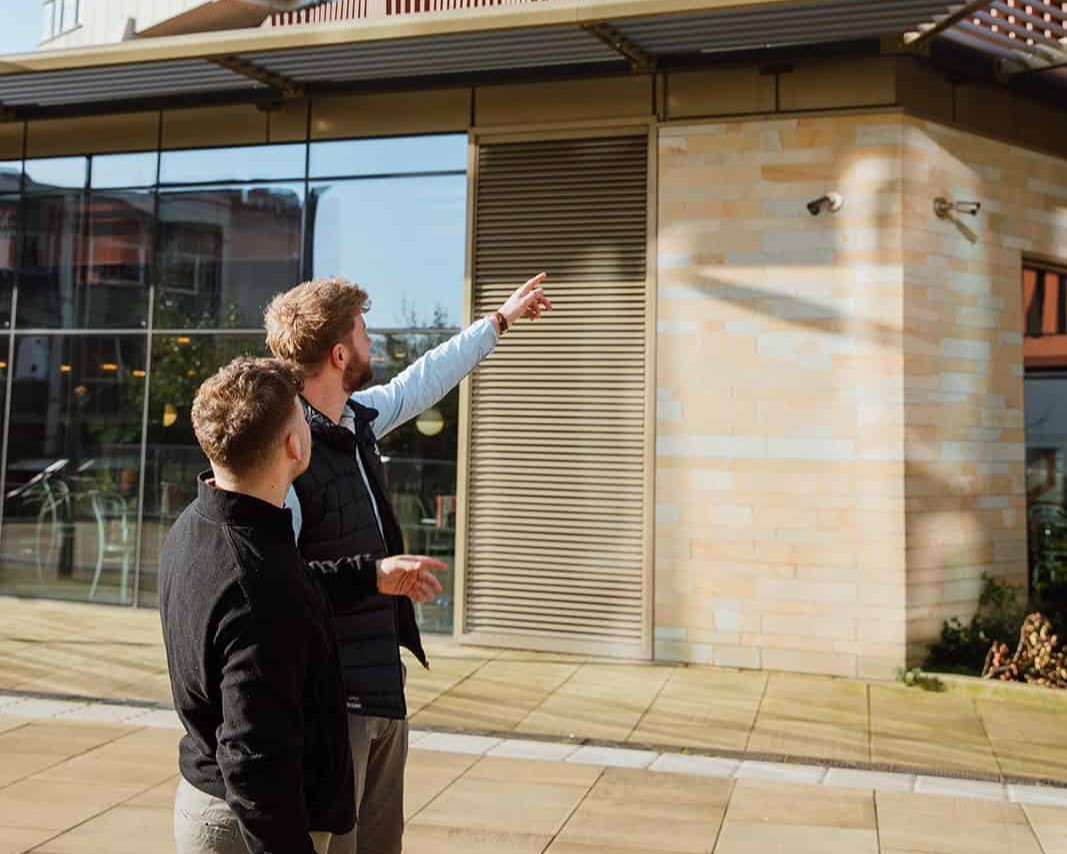From understanding your dilapidations liabilities, to understanding your lease considering rental costs and business rates, leasing a commercial property is a significant decision. We’ll guide you through the rental process and how to protect your business in the long run.
What do you need to know to rent a commercial property? If you’re thinking about renting a commercial property, you must consider the following factors:
- The type of property that you require for your business needs
- Space requirements & location
- On-site facilities
- Rental costs, business rates, and other fees
- The type of commercial lease that you want to undertake
Read on to understand how to protect yourself and your business when renting a commercial property.

What Should You Consider Before Renting a Commercial Property?
Renting a commercial property is a significant decision that can have long-term implications for your business. We’ve outlined the most important factors to consider below:
Determine the Type of Property You Need
Start by defining the type of property that suits your business requirements. Consider factors such as location, accessibility, zoning regulations, and proximity to your target market. Commercial properties can include office spaces, retail units, industrial warehouses, or specialised facilities. Identifying your specific needs will help narrow down your search and find the most suitable property.
Assess Space Requirements
Evaluate the amount of space your business requires both currently and in the foreseeable future. Consider factors like the number of employees, equipment, storage needs, and any plans for expansion. Ensure that the property you choose has enough space to accommodate your business activities comfortably.
Identify On-Site Facilities
Consider the on-site facilities you require for your business operations. This may include parking spaces, loading docks, storage areas, meeting rooms, kitchen facilities, or any specific infrastructure related to your industry. Ensure that the property you choose has the necessary amenities to support your business activities effectively.
Consider Rental Costs, Business Rates, and Other Fees
In addition to the monthly rent, there may be additional costs associated with renting a commercial property. These can include business rates (property taxes), service charges, insurance, utilities, and maintenance costs. Understand all the financial obligations and factor them into your budget to ensure you can afford the property in the long run.
Understanding the Types Of Commercial Leases in the UK
A business lease is a legally binding contract between the tenant and the landlord that outlines the terms and conditions of renting a commercial property. It covers aspects such as rental price, lease duration, renewal options, maintenance responsibilities, and any special provisions. There are several different types of commercial leases available in the UK, which we outline in more detail below:
- Full-Service Lease: This type of lease, also called a gross lease is where a landlord will cover all operating costs for the tenant. This offers the most protection for tenants, who only have to pay the agreed rent.
- Modified Gross Lease: The tenant is responsible for the rent and a percentage of property costs. You should negotiate the specific terms of this lease with the landlord before signing.
- Single Net Lease: Operating costs are split into three main categories; insurance, taxes and upkeep. You will need to pay one of these alongside rent.
- Double Net Lease: Similar to the above, however, you are responsible for paying two of the three categories alongside your rent.
- Triple Net Lease: As a tenant on a Triple Net Lease, you are responsible for all three categories (insurance, taxes, and upkeep) alongside your rent.
- Absolute Lease: On an absolute lease you will cover all operational costs, rent, as well as costs associated with the building such as management and repairs.
- Percentage Lease: This type of commercial lease is the least common, and is only really used when renting spaces in shopping centres. Rent will be paid based on the size of the space, but tenants will also pay a percentage of the business profits to the landlord.
Thoroughly review and understand the lease agreement before signing to avoid any future disputes. Having a Chartered Building Surveyor conducting a Pre-Lease Survey will help you understand your dilapidations liabilities in relation to your lease to avoid unexpected costs in the future.

The Process Of Renting a Commercial Property
Once you’ve found the perfect property, following the criteria that we’ve outlined above, you’ll then need to follow several legal processes to complete the rental agreement, which we outline in more detail below.
Negotiating the Lease Terms
You will next need to negotiate the specific terms of your commercial lease with a landlord or their representative. You may want to consider negotiating:
- Rent payments & review dates
- Costs that you will be responsible for
- Costs & services covered by the landlord
- Permitted use of the commercial property
- Lease length
You should always get expert advice when negotiating the terms of a commercial lease. Many businesses fail to fully understand the liabilities they assume when renting a commercial property. To mitigate risks and make informed decisions, it is crucial to seek expert advice from a chartered building surveyor. These professionals specialise in assessing the condition of properties and can provide valuable insights into potential issues, repairs, and financial obligations. Get in touch for a free consultation.
Dilapidations Assessment or Pre-Lease Survey
A dilapidations assessment or pre-lease survey conducted by a chartered building surveyor is essential to understand the condition of the property and associated costs. This assessment identifies any existing defects, necessary repairs, and potential alterations required during or at the end of the lease term. It helps you plan and budget for these obligations, identifies your dilapidations liabilities and minimises unexpected expenses.
Read more about our comprehensive dilapidations in one of our most recent blogs: Your Ultimate Guide To Dilapidations, or get in touch with us for a free consultation.
Signing the Lease
Once your lease agreement has been agreed by both parties and any changes requested have been actioned, you’ll then sign the lease agreement! You’ll need to make any necessary payments at this point which may include your security deposit and the rent for one or two months upfront.
Commercial Property Expertise From Fourth Wall Building Consultancy
Fourth Wall Building Consultancy is a trusted provider of dilapidation assessments and pre-lease surveys in the UK property market. We specialise in advising both landlords and tenants on property conditions, statutory requirements, health and safety concerns, and budget costs. Our expertise helps businesses make informed decisions and effectively manage their financial planning in relation to property obligations.
By carefully considering the factors mentioned above and seeking expert advice from a chartered building surveyor like Fourth Wall Building Consultancy, you can ensure that your commercial property rental experience is successful and well-planned. Remember to thoroughly assess your needs, understand the lease agreement, and budget for any associated costs to set your business up for long-term success.
Get in touch for a free commercial consultation, ask for an instant quote, or visit our commercial service page for more information.




